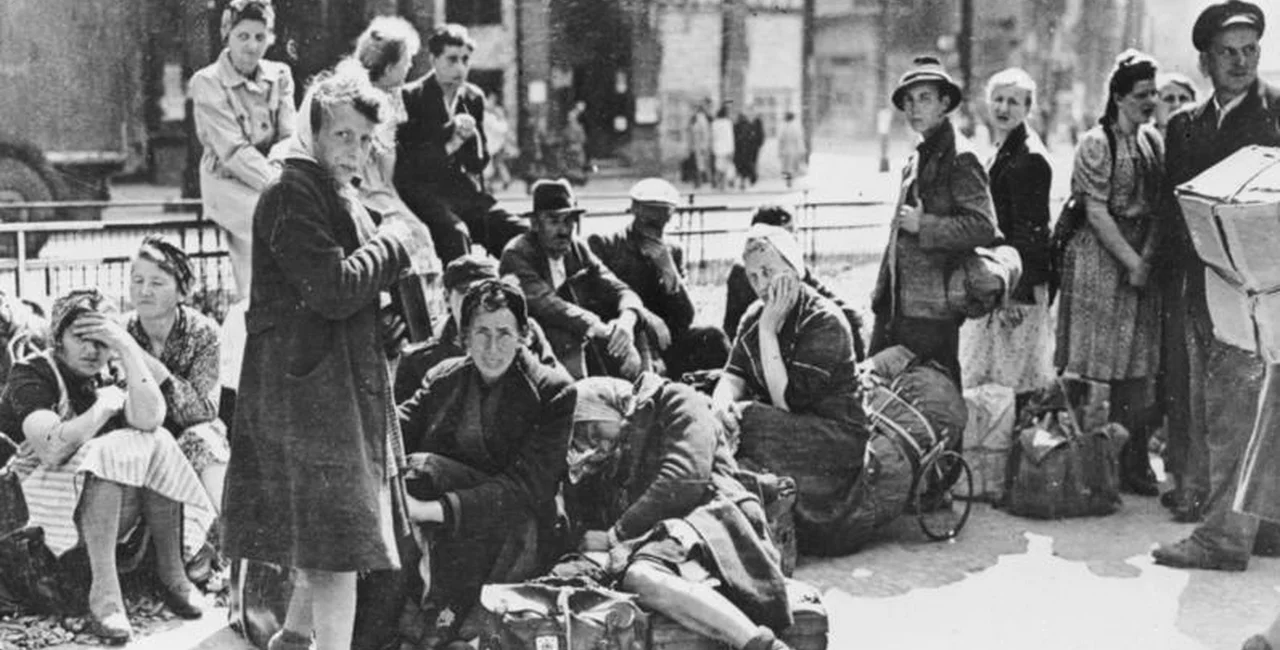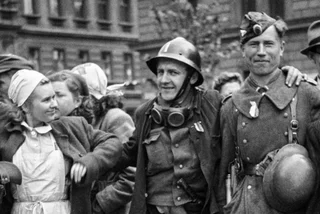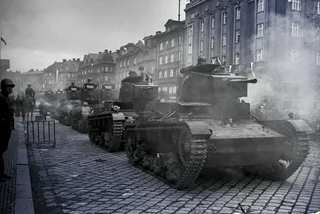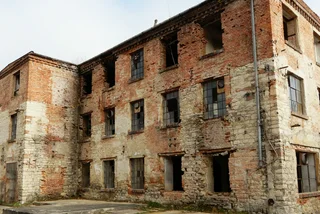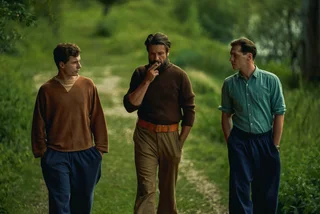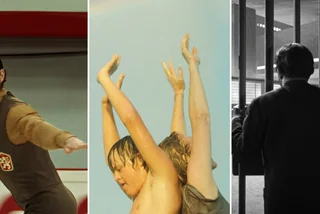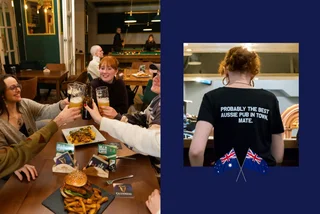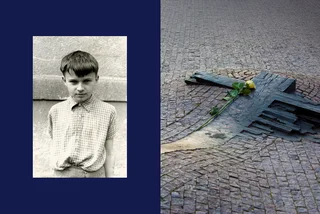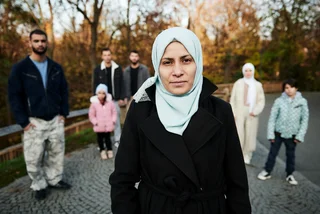Eighty years after the end of World War II, the legacy of the forced removal of ethnic Germans continues to echo through Central Europe. With Brno offering to host the 2026 Sudeten German Congress, the long-sensitive topic has returned to the public stage.
The possible congress location has sparked renewed interest in the events of 1945, when millions of ethnic Germans were expelled from Czechoslovakia in the wake of Nazi occupation. The expulsion remains one of the largest forced migrations in European history, and its memory continues to shape Czech-German relations.
What was the post-WWII expulsion of Germans from Czechoslovakia?
In the aftermath of Nazi Germany’s defeat in 1945, Czechoslovakia undertook the removal of its ethnic German population, most of whom had lived in the border regions for centuries. These actions were largely sanctioned by the Allies at the Potsdam Conference and were motivated by both security concerns and calls for retribution after years of occupation.
Between 1945 and 1947, approximately three million Germans were deported from Czechoslovakia, many under chaotic and violent conditions. The initial phase, known as the “wild expulsions,” was characterized by extrajudicial actions, forced marches, and widespread violence, particularly during the summer of 1945.
Later transfers were more organized, but the human cost remained high. According to a Czech-German commission of historians, an estimated 15,000 to 30,000 ethnic Germans died during the expulsion process due to violence, malnutrition, or illness.
The Czechoslovak government justified the move as a necessary step to ensure national security and territorial integrity after the trauma of Nazi occupation. However, historians and human rights advocates have long debated the ethical and legal implications of collective punishment and the impact on innocent civilians.
The postwar confiscation of property and the stripping of citizenship for the German minority contributed to long-standing tensions. In recent years, however, both Czech and German officials have taken steps toward reconciliation.
Notably, the Sudeten German Association removed demands for property restitution from its statutes, and Czech leaders have expressed official regret for the suffering caused.
Brno invitation marks shift in Czech-German dialogue
The debate over this history has gained new relevance with the announcement that Brno, a city once at the heart of the expulsions, could host the next Sudeten German Association (Sudetendeutsche Landsmannschaft) Congress.
The invitation, extended by the Meeting Brno cultural festival, was announced at this year’s 75th annual congress held in Regensburg, Germany. The Sudeten German Association represents ethnic German refugees who were expelled from Czechoslovakia and their descendants, and has held an annual congress since 1950.
Sudeten German leader Bernd Posselt welcomed the proposal as an “incredible honor,” but noted it would require careful consideration. “We will find out in the coming weeks whether it will be possible,” Posselt said, stressing the need for both sides to feel comfortable with such a symbolic gathering.
Meeting Brno director Petr Kalousek described the invitation as “a symbol of mutual understanding” and an opportunity to confront a “complex and often tragic history.” His colleague David Macek, responsible for foreign relations, said the idea had been under discussion for a decade and that “the time has come for this vision to become a reality.”
If confirmed, the congress would be held during next year’s Meeting Brno festival, scheduled for May 22–31, 2026. The festival, which includes a reconciliation pilgrimage retracing the path of the 1945 Brno death march in reverse, has become a platform for dialogue between Czechs and Sudeten Germans.
Recent gestures from Czech leaders have helped foster a more open atmosphere. In May, the Czech government approved subsidies for the restoration of German graves in border regions.
President Petr Pavel and Prime Minister Petr Fiala have both made public statements in support of Czech-German reconciliation. Education Minister Mikuláš Bek represented Czechia at the conference in Regensburg, underscoring the event’s growing significance.
Posselt also indicated that high-profile German officials, including Chancellor Friedrich Merz and Interior Minister Alexander Dobrindt, might attend a future congress in Brno. Their participation would mark a historic step in Czech-German reconciliation.
New Czech film to tell the story of German expulsion
Amid this renewed public focus, a new film project is helping to bring the human dimension of the expulsions to broader audiences. Gerta Schnirch, a two-part television film based on the novel by Kateřina Tučková, has completed filming and is set to premiere in 2026 on Czech Television.
The story follows a young woman from a Czech-German family who is caught in the chaos of the “wild expulsions” from Brno in 1945. Gerta Schnirch is directed by Tomáš Mašín, who also made 2023 Czech Academy Award submission Brothers, which told another controversial story from Czech history.
The film features Barbora Váchová as the young Gerta and Milena Steinmasslová as her older self. The production spans several decades, including World War II, the Communist era, and the Velvet Revolution, highlighting how the trauma of displacement reverberates across generations.
“The strength of Gerta’s story lies in its emotional intimacy,” Mašín said. “The historical backdrop is crucial, but our goal is to explore the personal costs and the inner journey of someone swept up in the machinery of history.”
Tučková, who began writing the novel as a university student, expressed hope that the adaptation would help challenge notions of collective guilt and deepen public understanding of the expulsions’ human toll.












 Reading time: 4 minutes
Reading time: 4 minutes 